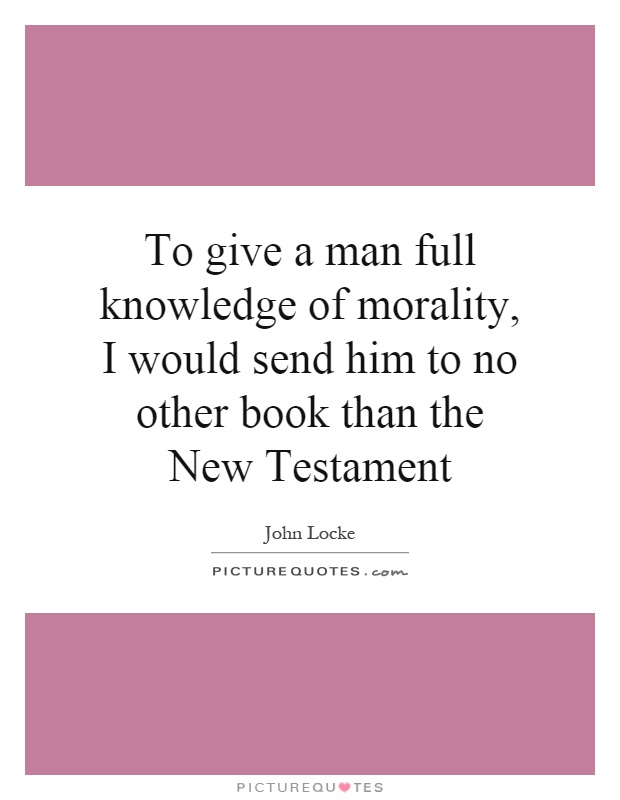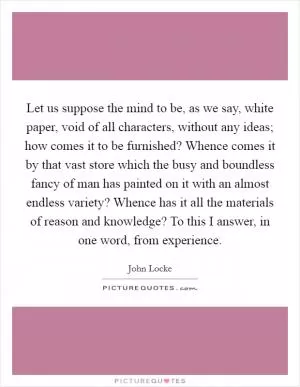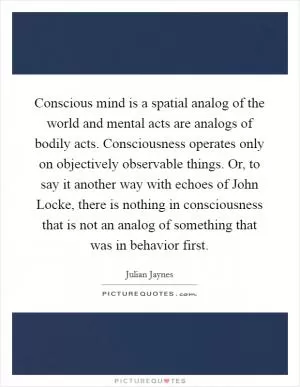To give a man full knowledge of morality, I would send him to no other book than the New Testament

To give a man full knowledge of morality, I would send him to no other book than the New Testament
John Locke, a prominent English philosopher of the 17th century, is known for his contributions to the fields of political theory, epistemology, and education. Locke's ideas on morality and ethics were heavily influenced by his belief in the importance of reason and individual autonomy. In his work, Locke emphasized the role of reason in guiding human behavior and shaping moral principles.Locke's statement, "To give a man full knowledge of morality, I would send him to no other book than the New Testament," reflects his belief in the moral teachings of Christianity as a guide for ethical behavior. The New Testament, which contains the teachings of Jesus Christ and the early Christian church, is seen by Locke as a source of moral wisdom and guidance for individuals seeking to live a virtuous life.
Locke's emphasis on the New Testament as a source of moral knowledge can be understood in the context of his broader philosophical views on the nature of morality. Locke believed that moral principles are derived from reason and are universal in nature. He argued that individuals have a natural capacity for moral reasoning and that ethical truths can be discerned through rational reflection.
By pointing to the New Testament as a source of moral knowledge, Locke is highlighting the importance of religious teachings in shaping moral values and guiding human conduct. The teachings of Jesus Christ, as presented in the New Testament, emphasize love, compassion, and forgiveness as central virtues that should guide human behavior. Locke sees these teachings as essential for cultivating a moral society based on principles of justice, equality, and respect for others.
Locke's endorsement of the New Testament as a moral guide also reflects his belief in the importance of religious faith in promoting moral behavior. While Locke was a proponent of religious tolerance and believed in the separation of church and state, he also recognized the positive role that religion can play in fostering moral virtues and promoting social harmony.












 Friendship Quotes
Friendship Quotes Love Quotes
Love Quotes Life Quotes
Life Quotes Funny Quotes
Funny Quotes Motivational Quotes
Motivational Quotes Inspirational Quotes
Inspirational Quotes